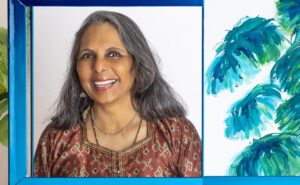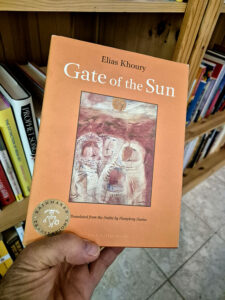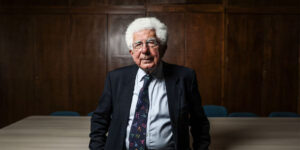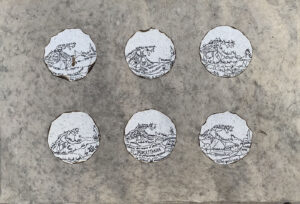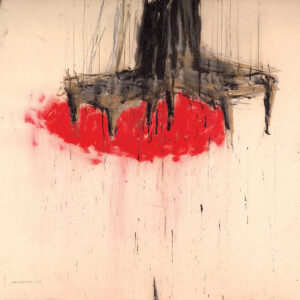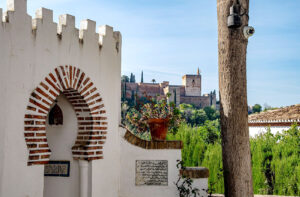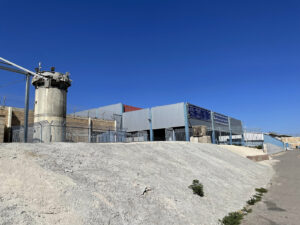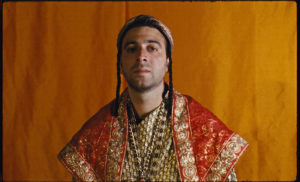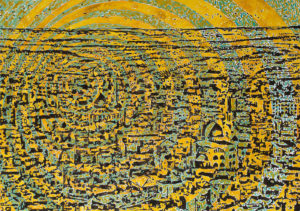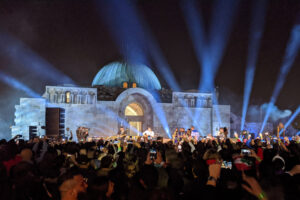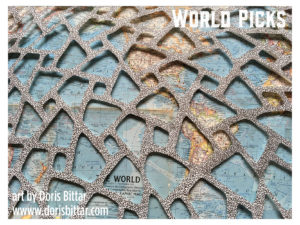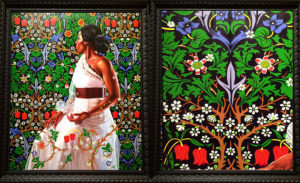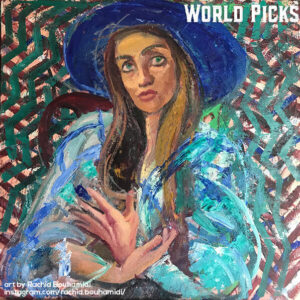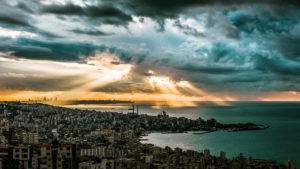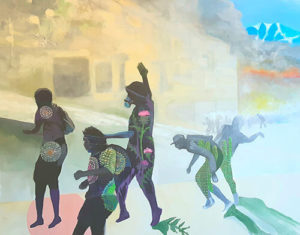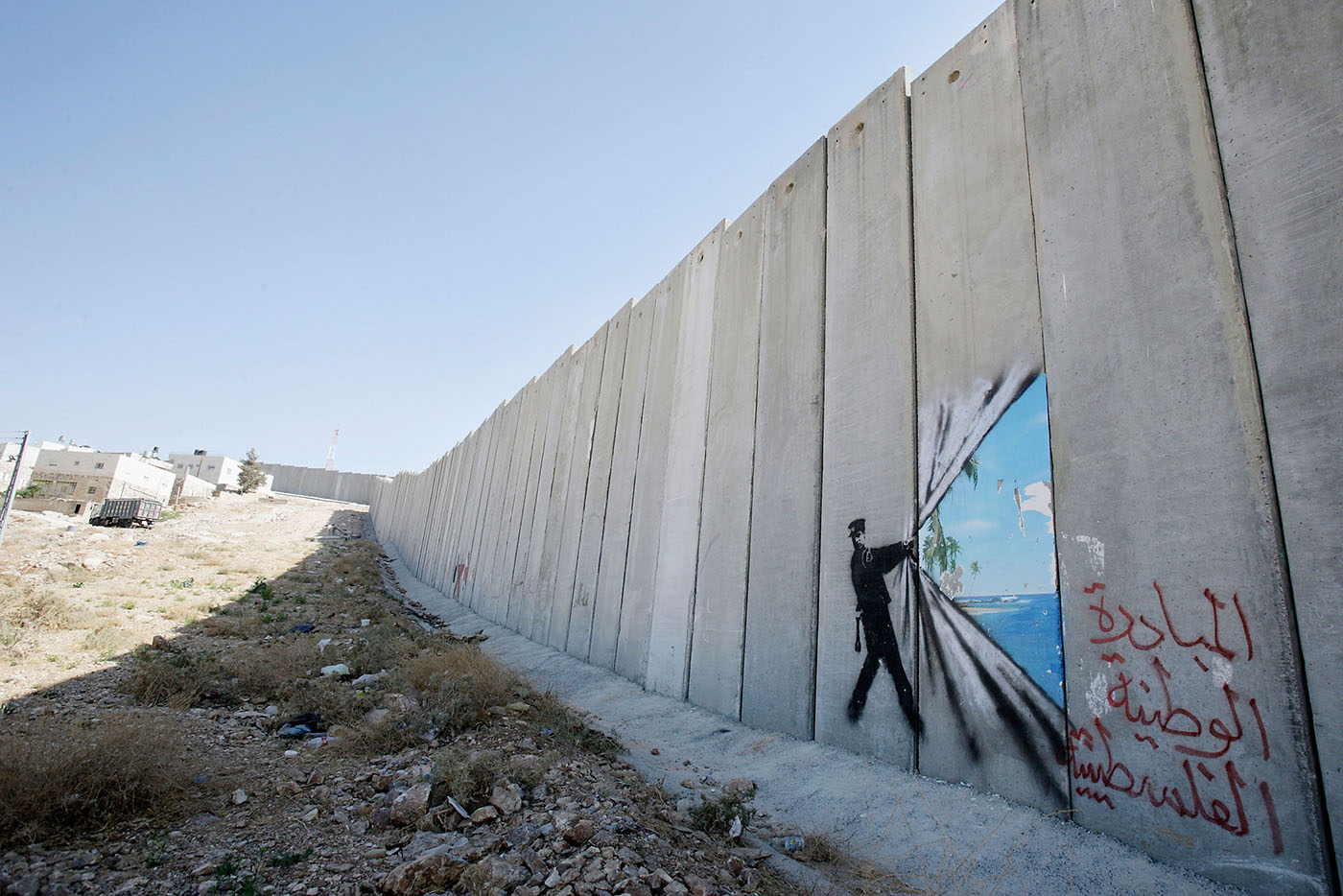
The Other End of the Sea, a novel by Alison Glick
Interlink Books, 2022
ISBN 9781623719586
Nora Lester Murad
It would be easy to focus on the Jewish protagonist in Alison Glick’s debut novel The Other End of the Sea. After all, it was the search for her roots that first took Rebecca Klein to Israel. But like the author, whose visit to Israel “opened her eyes to the realities for Palestinians living under Israeli control,” the protagonist, too, was captivated not by Israel, but by Palestine.
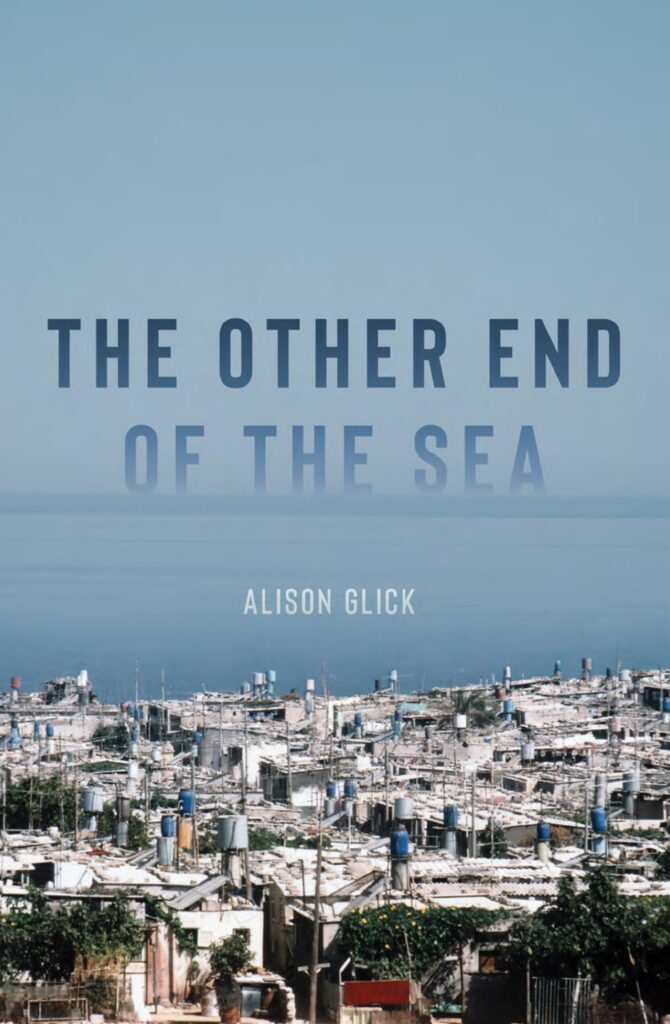
The premise — a US Jew who evolves to support Palestinian rights — is more than plausible. Increasingly, Jewish Americans are becoming informed about Israeli history, and they are more vocal in critiquing Israel’s policies — Peter Beinart being only one case among many who are speaking out and taking action based on the principle of liberation for all.
But The Other End of the Sea is not another pro-Palestinian screed, it is a bona fide love story, complete with the tenderness, pain, intimacy and miscommunication that define any romantic relationship.
In this narrative, Rebecca Klein meets Zayn Majdalawi in the early 1980s in a taxi cab as both try to find a way out of Gaza. Zayn is a refugee from Shati camp studying in the West Bank, where Rebecca works as a teacher in the Quaker school. Even this plot point — a US Jew falling in love with a Palestinian Muslim — is conceivable. In fact, I myself am an American Jewish woman who married a Palestinian Muslim, and in our nearly forty years together, we have met many other “mixed” couples.
The rest of the plot, however, is completely far-fetched. Despite already serving fifteen years as a political prisoner, Zayn gets exiled by Israel and over the next several years, the couple move between Egypt, Lebanon, Libya and Syria trying to find a safe and secure place to raise their daughter. On the way, Rebecca sees the inner workings of Palestinian families, refugee camps, the life of exiles, political strategizing, and so much more. The protagonist, Rebecca, takes the reader deep into places and situations that no non-Palestinian could ever see.
Except for one thing: The Other End of the Sea is a fictionalized memoir, based closely on the life of the author, Alison Glick. Those “far-fetched” events and forays into the depths of Palestinian experience really happened. It is a story that no one else could have told.
Glick takes readers through a very unique and important experience — that of Palestinian exiles. Her masterful storytelling is gripping, pulling us fully into every scene. Over the course of the 30-year-long story, each historical event, place, situation and person erupts into Technicolor. Something as mundane as watching her husband eat melons is told in a way that makes the reader salivate:
“In the late morning light, juice the color of a harvest moon ran in rivulets down his smooth arms as, one after the other, he sliced through the fruit’s flesh, scooped out the seeds, and quartered them, methodically eating each one down to the rind. The waiting garbage can registered each fruit with a clunk.”
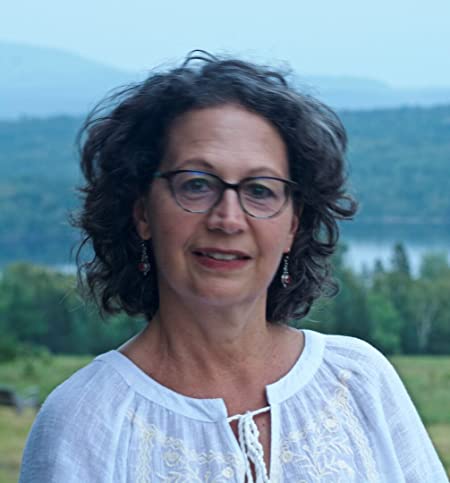
I related deeply to the charged moments at which Rebecca and Zayn just couldn’t understand one another. In one situation, Rebecca expresses her liberal values around gender relations, values that Zayn had always shared. But in a foreign country, and beaten down by his exile, Zayn is overwhelmed. He throws up his hands and says, “You just don’t get it, do you?” Neither is able to explain themselves across the cultural divide, widened by trauma and despair.
Like all good fiction — and effective memoir writing — Glick tells a story that is not only entertaining, but one that matters. Even though politics and culture pervade every aspect of the story, the book centers on one thing: The impact of Israel’s fragmentation of Palestine on a family.
Of course, the story of Palestinian fragmentation cannot be fully captured in a single novel, and it did not end on the last page of Glick’s book. With a population of around 13 million today, there are over 2 million Palestinians living as second-class citizens in Israel, 2.5 million under Israeli occupation in the West Bank, and 2 million living under Israeli siege in the Gaza Strip. Another 3 million Palestinians live in Jordan, with the rest scattered across the Arab world, Europe, Latin America and North America, each group with a different, often precarious, legal status. Nearly every Palestinian is touched by this fragmentation: grandparents are strangers to their grandchildren, aunts miss their nieces’ weddings, and brothers are absent from their brothers’ death beds.
It’s not surprising, then, that love, no matter how strong, can choke from the toxicity of this fragmentation. This shows up poignantly, and tragically, in Glick’s life and her brilliant novel. At one point in the story, Rebecca returns to the house in Gaza she shared with Zayn, a house to which Zayn can no longer go. She says:
“Standing in that hushed house, I understood that it wasn’t the Palestine Street chickens or leftovers that shifted the course of our relationship. It was the realization that despite all we had lost — friends, family, our home, our work — there was still more left to lose.”



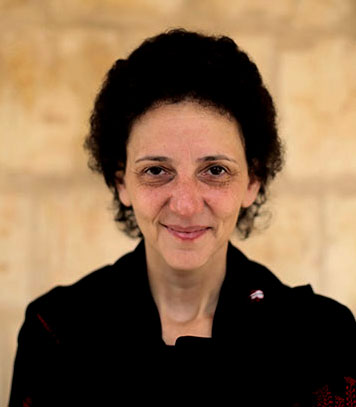











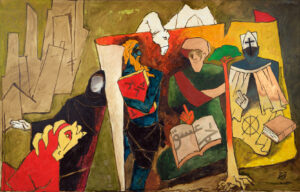

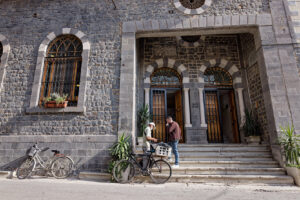




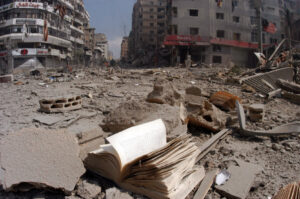

















![Ali Cherri’s show at Marseille’s [mac] Is Watching You](https://themarkaz.org/wp-content/uploads/2025/09/Ali-Cherri-22Les-Veilleurs22-at-the-mac-Musee-dart-contemporain-de-Marseille-photo-Gregoire-Edouard-Ville-de-Marseille-300x200.jpg)










